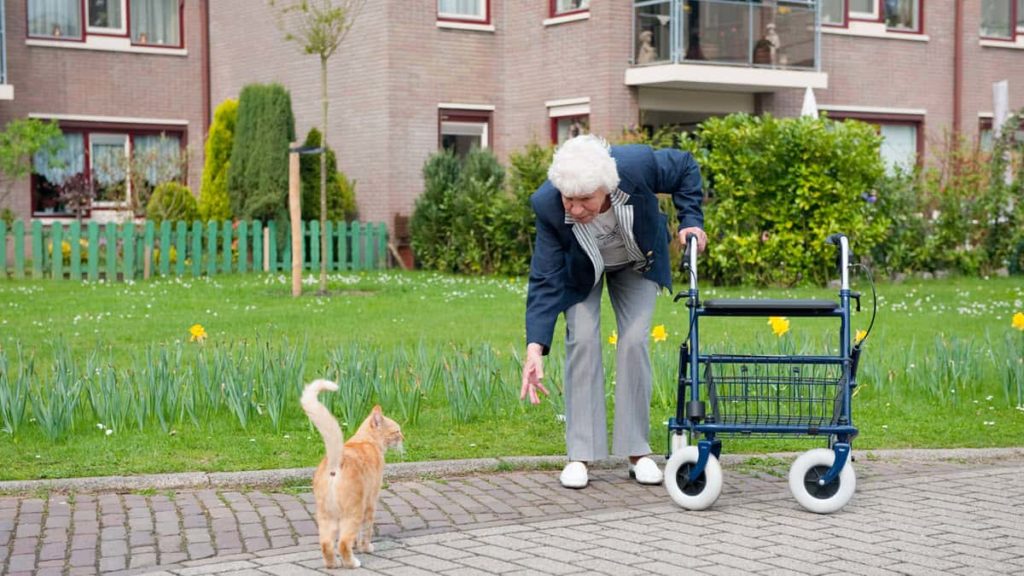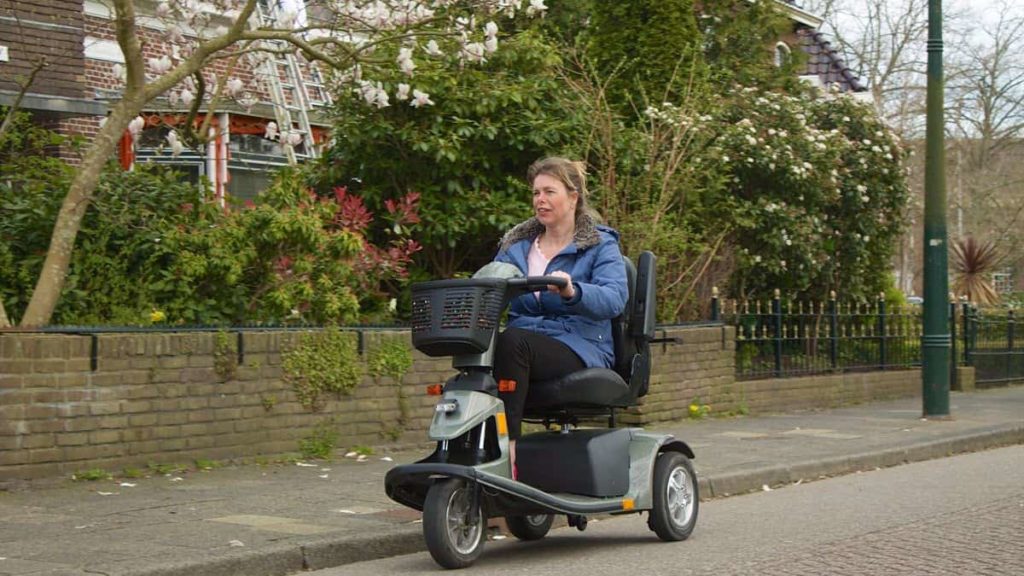How to Achieve a Healthy Weight in Your Senior Years
As we age, our weight becomes a strong indicator of our health. A recent study highlighted the importance of monitoring weight changes, as findings indicate that weight loss in older adults may be associated with early death or life-limiting conditions.
On the other hand, weight gain was not associated with mortality. Still, researchers haven’t fully understood the impact of weight change on healthy older adults. What is essential, however, is that seniors aim to maintain a healthy weight and keep track of any weight changes — whether lost or gained.
Weight loss in seniors can often be a warning sign of severe conditions such as cancer and dementia. Similarly, underlying chronic health conditions can also trigger weight loss, impacting appetite, metabolism, and dietary habits. Whether you want to lose or gain weight, reframing your mindset into achieving a healthy weight is essential. This post will be a short guide exploring how you can do this:
Stay consistent with new habits and behaviors
Maintaining healthy habits is more important than rushing to drop (or add) numbers on the scale. When you rush your weight change, you tend to pick up habits or lifestyle changes that may be harmful in the long run.
Instead, focus on taking your time and sustaining your new healthy habits. For one, we all have a set point weight — or the predisposition of our bodies for a specific number. There is a normal range for the amount of fat you have; if you vary from that, your body will defend that set point to get you back to where you were.
Another reason is that slow and steady weight loss through behavioral changes will make it easier to keep weight off — even with your set point weight — over the long term.
Don’t overwhelm yourself with exercises
Losing mobility as we age is completely normal and shouldn’t stop you from getting adequate physical activity to keep you fit.
In trying to achieve your weight goal, you should consider your current lifestyle and health conditions so that you aren’t overwhelming yourself with exercises that may cause more harm than good.
Fortunately, there are many exercises for seniors that you can do on a chair, making them accessible and doable even with limited mobility. Simple chair exercises can contribute to weight loss and improve endurance and core strength, helping you stay fit.
If your body has gotten used to inactivity, adjusting to these chair exercises and other exercises involving minimal movement may take some time. It’s also crucial to ensure you have a comfortable chair, walker, or rollator and enough space to do these exercises.
As previously mentioned, it’s important not to rush through these as you may give your body a shock. Remember not to push yourself too hard if something is uncomfortable or painful and do consult your medical professional to see which exercises are best for your specific needs or condition.
Focus on pursuing healthy nutrition
Finally, whether you are trying to lose or gain weight, eating healthy foods definitely matters as you age.
A diet rich in vegetables, fruits, whole grains, low-fat dairy, and lean proteins is a good start. Of course, small changes in your dietary habits can help you achieve your healthy weight better.
For example, swap out your usual foods for healthier alternatives and avoid drinks with added sugar if you want to lose weight.
On the other hand, if you’re trying to gain weight, look into foods with healthy fats, such as avocados and peanut butter. If you lack the appetite to eat more, you can break your meal patterns into frequent, smaller meals throughout the day.
Your body needs food to generate enough energy for your daily activities, so it’s vital to eat regardless of your weight loss or weight gain journey.
Make time to dine with friends or family to make your eating experience more enjoyable and incorporate healthy eating into your daily routine.
If you enjoy watching television during the day, add nutrient-dense snacks such as nuts, cheese, or dried fruit to complement your viewing.
Growing older means taking additional time to care for yourself and treat your body better. By establishing positive daily habits, managing your weight and overall health will be a breeze.
Vera James currently cares for her 90-year-old mother-in-law.
She is also a senior herself and loves sharing stories and resources to help other seniors, particularly who are in the position of caring for an elderly parent, like herself.





